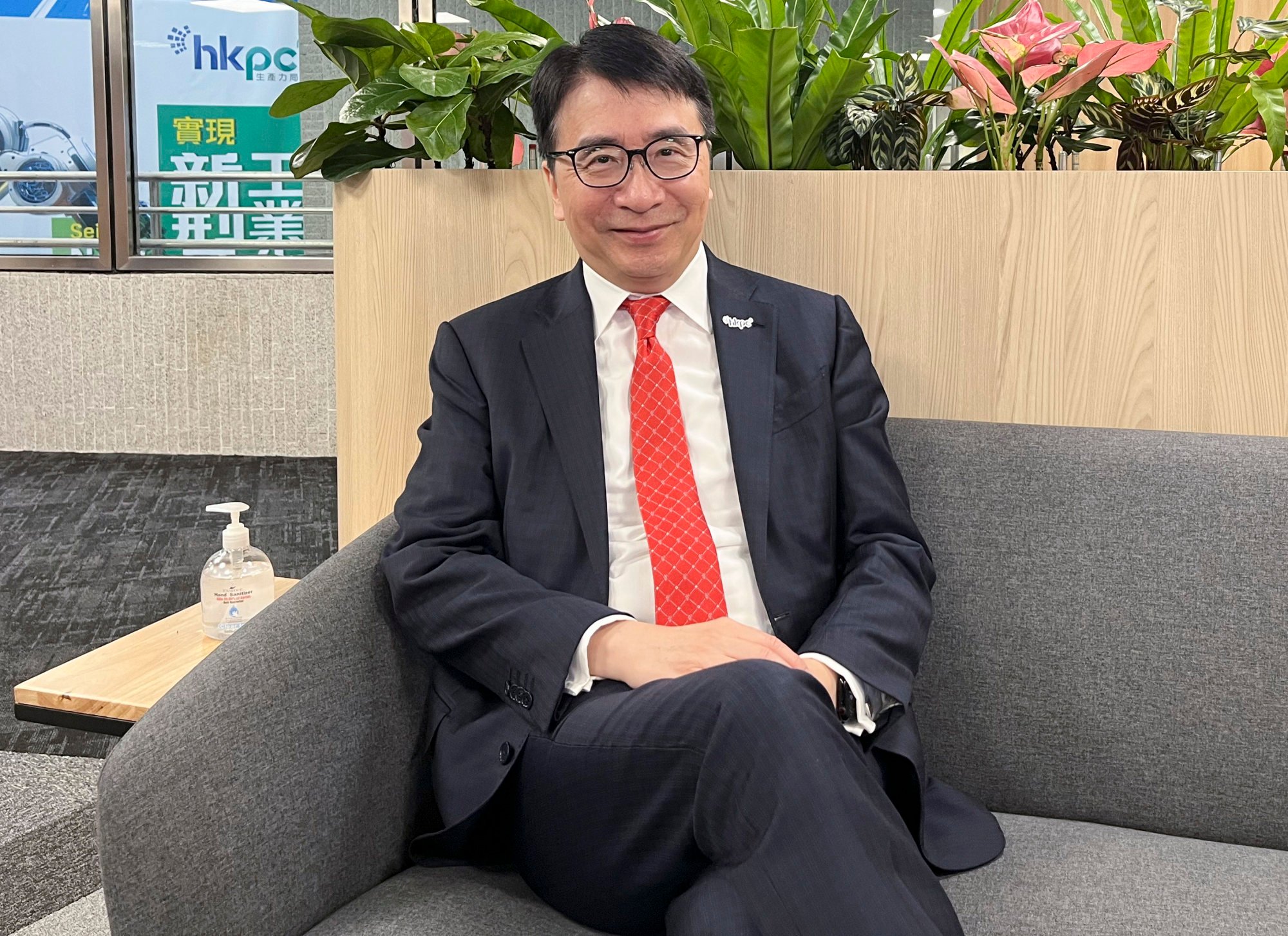Hong Kong plays a major role in the artificial intelligence (AI) industry in terms of connecting mainland China and the rest of the world amid geopolitical headwinds, according to a senior executive at the Hong Kong Productivity Council (HKPC).
“At the moment, we are artificially creating a barrier between the US and mainland China, and that will stifle the development of technology,” Lawrence Cheung Chi-chong, HKPC’s chief technology officer, said in an interview on the sidelines of an AI conference organised by the council on Tuesday.
“A lot of times for us, we don’t know whether we should reach out to our Western counterparts to work with them,” Cheung told the South China Morning Post. “Because even if they have interest to work with us ... they may not have the freedom to [do so]. And that is sad in a way.”
Do you have questions about the biggest topics and trends from around the world? Get the answers with SCMP Knowledge, our new platform of curated content with explainers, FAQs, analyses and infographics brought to you by our award-winning team.
“So from a scientist’s point of view, it has been difficult over the past few years, particularly in the AI area,” he said.
Cheung’s comments reflect how Hong Kong, in recent years, has been caught in the crossfire of trade tensions and escalating tech rivalry between the US and China.
Washington in August last year announced plans to restrict US firms from investing in Chinese companies, including those in Hong Kong and Macau, in three areas: semiconductors, quantum computing technologies and certain AI systems.

Hong Kong Chief Executive John Lee Ka-chiu last month said that Washington’s plan to clamp down on outbound investments in China would also harm US businesses and residents, citing the US$271.5 billion the country had earned through trade with the city over the past decade.
Lee warned that the US will ultimately “reap what it sows”.
Nvidia, the world’s leading supplier of AI processors, has already been barred by Washington from selling its most advanced chips to China, which has left many domestic tech firms scrambling to find alternative products.
From July 9, ChatGPT creator OpenAI had developers on the mainland and in Hong Kong blocked from accessing its services.
Still, Cheung pointed out that Hong Kong remains an important launching pad for international AI firms looking to access the Chinese market and for mainland companies that aim to expand overseas.
HKPC – a statutory body under Hong Kong’s Innovation, Technology and Industry Bureau – has also been pushing for AI to be adopted across local industries such as manufacturing and logistics, according to Cheung.
He said HKPC is currently developing an AI model named Industrial GPT, which aims to incorporate “sufficient industrial data”, making it useful for small- to medium-sized manufacturers in Hong Kong. Industrial GPT, which is expected to be ready in one to two years, will be trained at the AI Supercomputing Centre at Cyberport.
“At the moment, I think we will be using both [Chinese and Western computing solutions to build Industrial GPT],” Cheung said. “But we’ll see how the current geopolitical situation will develop and pan out.”
The Centre for Artificial Intelligence and Robotics, a Hong Kong-based AI research centre under the Chinese Academy of Sciences, said last week that it has advanced the development of its medical AI models by using Huawei Technologies’ Ascend processors, as access to Nvidia’s high-end chips remains restricted.
More from South China Morning Post:
- Hong Kong will grow tech sector with input from experts like Nvidia’s Jensen Huang: Paul Chan
- China can beat AI rivals with Greater Bay Area edge: Nvidia’s Jensen Huang
- Huawei’s AI chips fill Nvidia-sized hole in medical research in Hong Kong
- Hong Kong enterprise AI adoption sees upswing on back of government policy support
For the latest news from the South China Morning Post download our mobile app. Copyright 2024.





